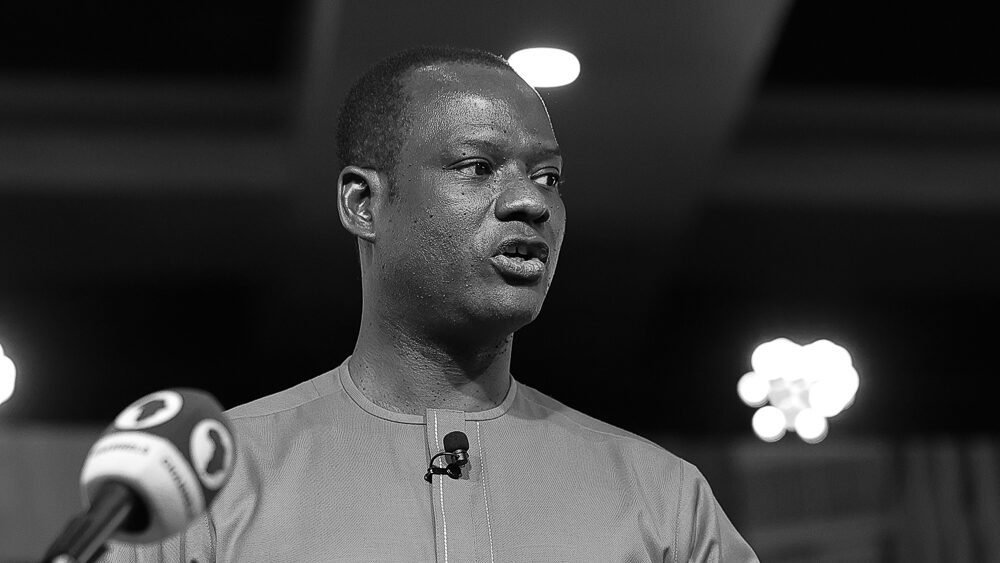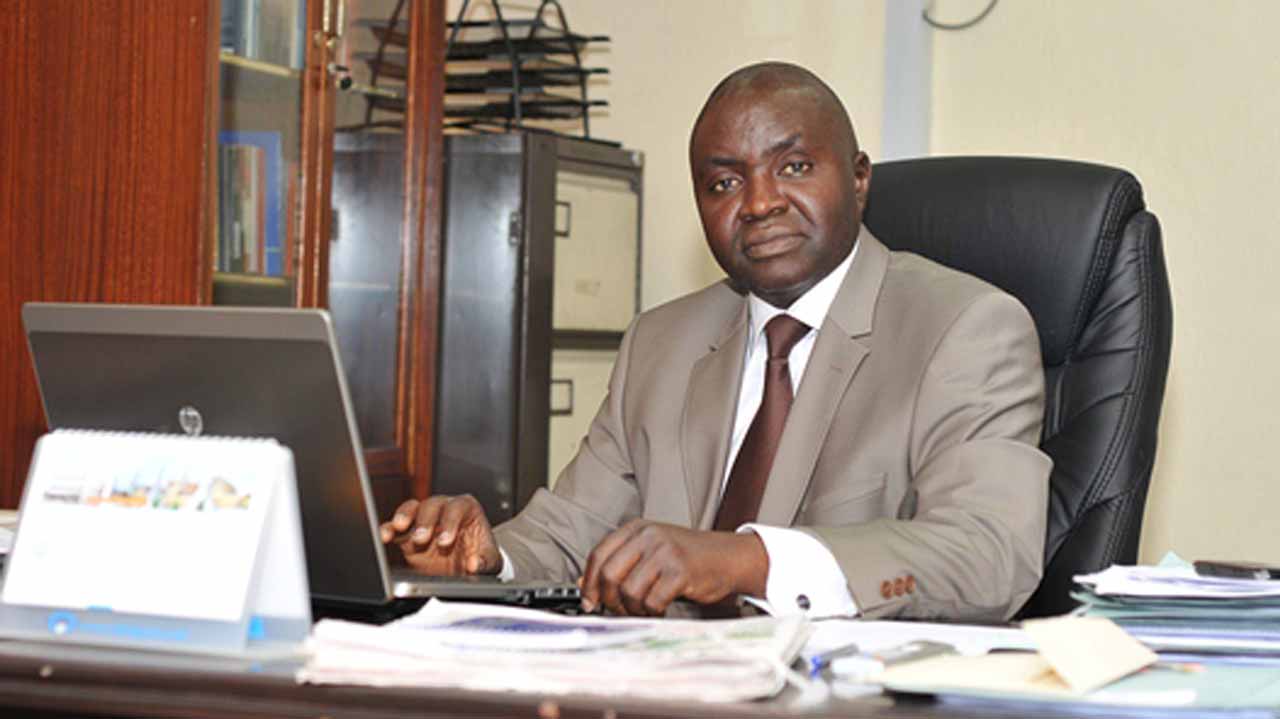The announcement was contained in a statement issued on Tuesday by the President’s Special Adviser on Information and Strategy, Bayo Onanuga. ArticlesRead More
Katsina, UNICEF Train Adolescent Girls to Champion Peace in Communities
Katsina, UNICEF Train Adolescent Girls to Champion Peace in Communities
Francis Sardauna in Katsina
The Katsina State Government in collaboration with the United Nations Children’s Fund (UNICEF) has commenced the training of 50 adolescent girls on resilience and peace-building to become peace ambassadors in their communities.
The prospective peace ambassadors, selected across the 10 bandits-infested local government areas of the state, are expected to develop peace action plans for their local governments after the two-day training.
The training, which began in Katsina on Monday, was organised by the state’s Development Management Board in partnership with the Ministry of Basic and Secondary Education and the Universal Basic Education Board, with support from UNICEF.
Addressing the participants, the UNICEF Adolescent Development Specialist, Mrs Ngozi Izuora-Songu, said the training aimed to empower the adolescent girls with relevant skills to influence peace in their communities when there is conflict.
She explained that most victims of conflict are women and children, hence the need to equip them with the requisite knowledge to contribute towards sustainable peace in their respective communities.
She said: “So, you have been brought here today, not just to get trained, not just to become ambassadors, but also in your different localities, your different LGAs, contribute your voice in ensuring that where there is conflict, you influence peace.
“We are hoping that as you get trained today, you will also be empowered to be able to raise your voices within your communities and say, no, can we stop doing this so that we can get a better result.
“We are hoping that at the end of these two days’ engagement, you will come up with your LGA plans on how you think you can contribute in ensuring that peace is sustained within your locality.”
In his opening remarks, the Executive Secretary of the state’s development management board, Dr Mustapha Shehu, urged the participants to pay attention to acquire the needed knowledge.
He said the training will give the adolescent girls the opportunity to be able to also support the school enrollment, retention and completion in their respective communities.
Speaking on the objectives of the training, a facilitator, Halima Dimis, said the training will strengthen leadership, advocacy and communication skills of the adolescent girls.
She added that it will also promote gender equality and awareness on ending gender-based violence (GBV), understanding of peacebuilding, conflict resolution and social cohesion.
“At the end of this exercise, the training is expected to support adolescent-led peace action plans across the participants’ LGAs,” the facilitator said.
On his part, the UNICEF focal person at the ministry of education, Mr Kabir Nadada, called on the participants to pay attention, as they are expected to become peace ambassadors.
The UNICEF focal person further urged them to ensure that at the end of the training, they are able to step it down to their communities.
Francis Sardauna in Katsina The Katsina State Government in collaboration with the United Nations Children’s Fund (UNICEF) has commenced the training of 50 adolescent girls on resilience and peace-building to become





